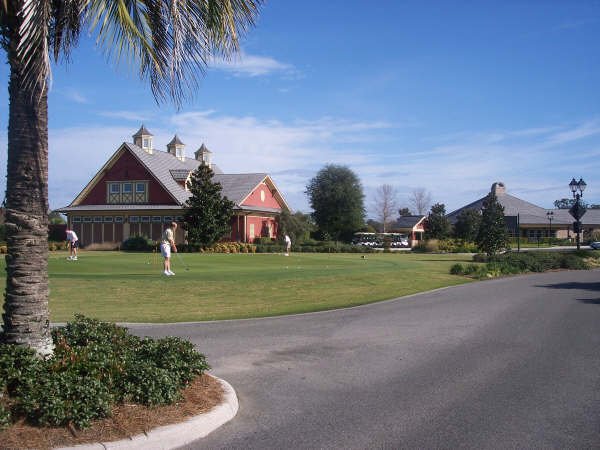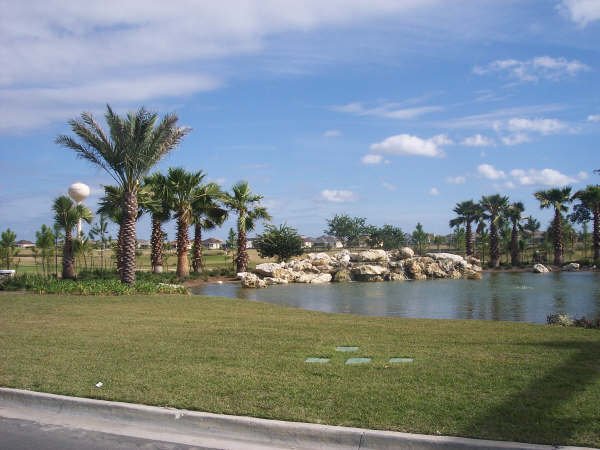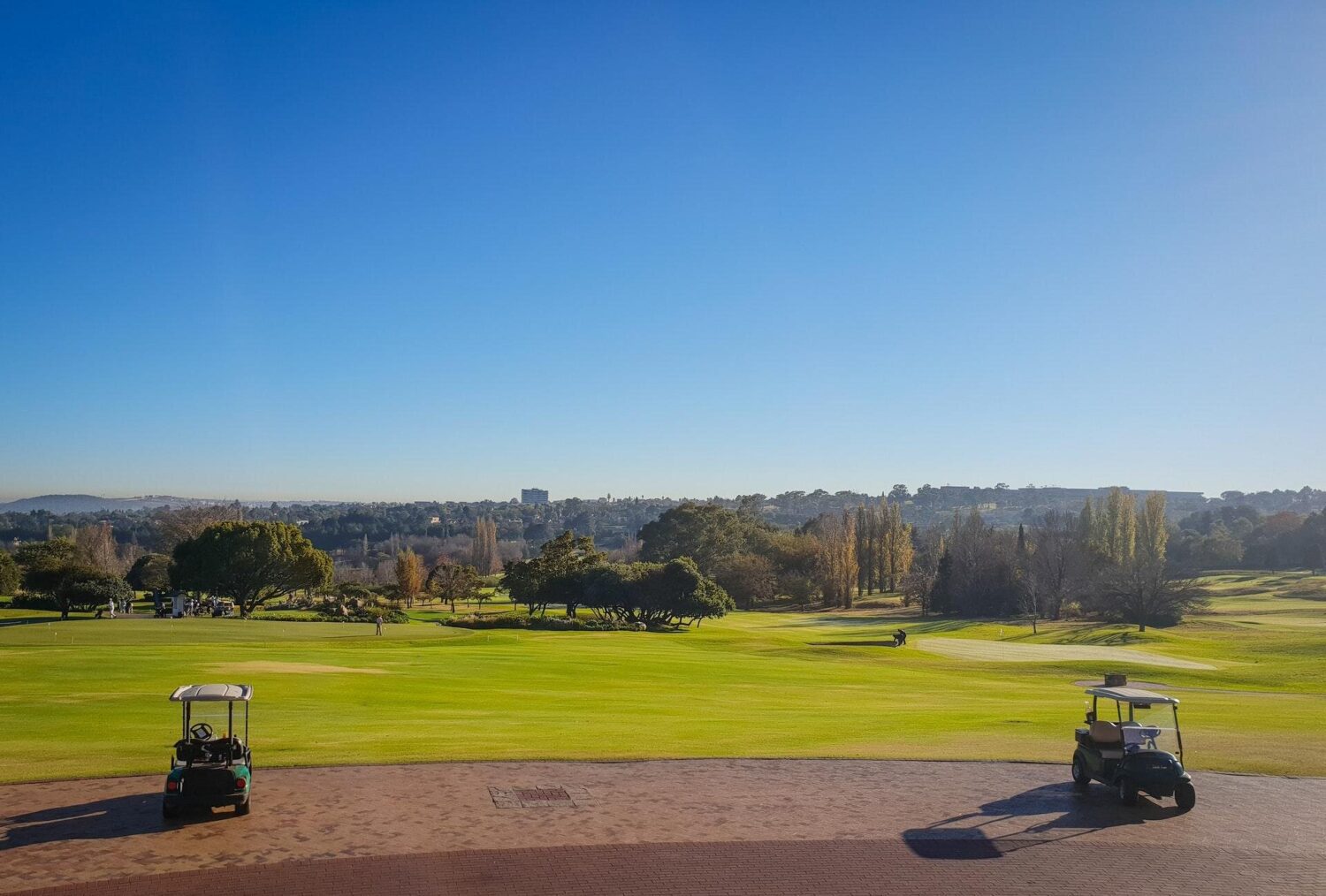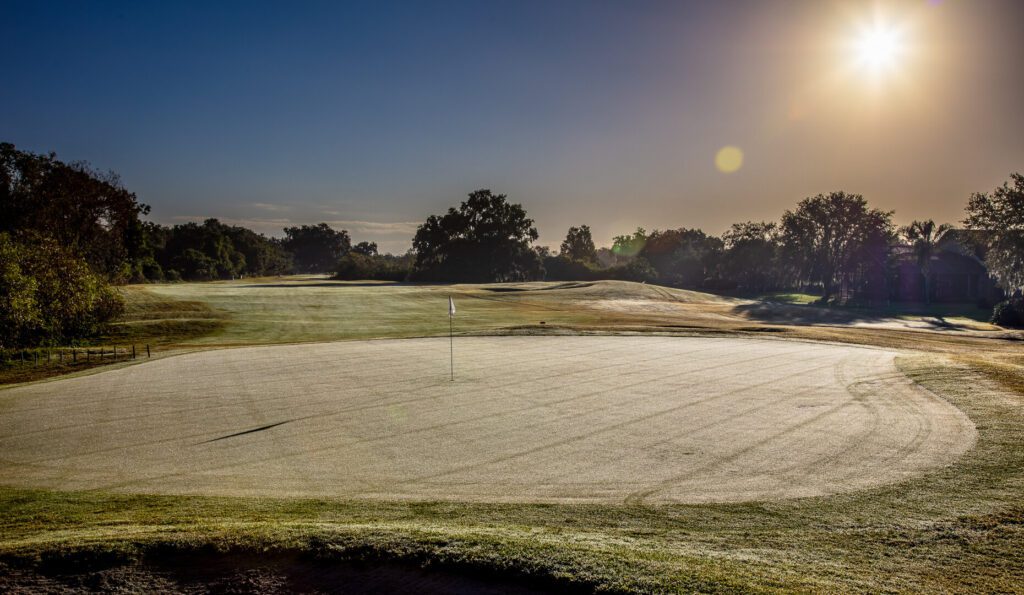For golf lovers, living in a golf community is a no-brainer. For them, owning property near a golf course means waking up and hitting the greens. Even those who aren’t fans of the game of golf prefer to live in a golf community, which boasts manicured landscapes and resort-style amenities.
Clubhouses may include dining options, fitness centers, or swimming pools, and sometimes even all three! Having these sorts of amenities available right around the corner usually sells most people, and if that doesn’t the landscaping does. But let’s assume you only want to look at this from a financial perspective and see whether living in a golf community or investing in one, is going to be worth your while.
How Golf Courses Increase Property Value?
A study done by the National Recreation and Parks Association found that properties that view a golf course, even if they are not a part of that golf community, have 15-30% higher property values. As with all investments, the exact value of your property can’t be predicted, but golf course communities have typically found an annual increase in value of around 7%. And while some have found themselves concerned with the perception of golf courses among millennials as new property owners, findings from the Florida Atlantic University suggest that potential buyers still view golf courses favorably when deciding on a property.
The Value is in the Course Conditions
Now let’s make one thing clear when referring to the benefits and value that a golf course brings to a community, we’re referring to a well maintained, thriving golf course. Unfortunately, some golf courses fall into disrepair, be it through mismanagement, lack of resources, or neglect. This begins a domino effect, in which these poor course conditions encourage pests, crime, litter, and inevitably decrease property values. A once-coveted home in a golf community can drop in value by as much as 50% in the first week of a golf course closing. Effective golf course maintenance can be the solution to avert these issues.
Even in these cases, in which the problem has gone far enough for the course to close, can property values still be saved through rehabilitation of the course. A “dead golf course” as they are sometimes called, can be prevented through active member participation and especially through fees. While no one wants to hear about paying extra, increases in your HOA or membership dues are pretty low when compared to a 50% cut in your property value.
Know Before You Buy
If you’re ready to buy property in a golf community, remember to do your research. If the community isn’t actively putting time and effort into their golf course conditions, then that whole community is a depreciating asset.
For those who own a community with a golf course or own the course itself, invest mercilessly in your maintenance program and trust in your members to support you. A good course gives as much as It can, and a good golf community knows when to give back.
If you’re looking to turn your course around, or even just looking to improve conditions, DTE Golf® has what you need to get started. With direct access to machinery, equipment, tools, and labor, DTE Golf® partners are never empty-handed.





